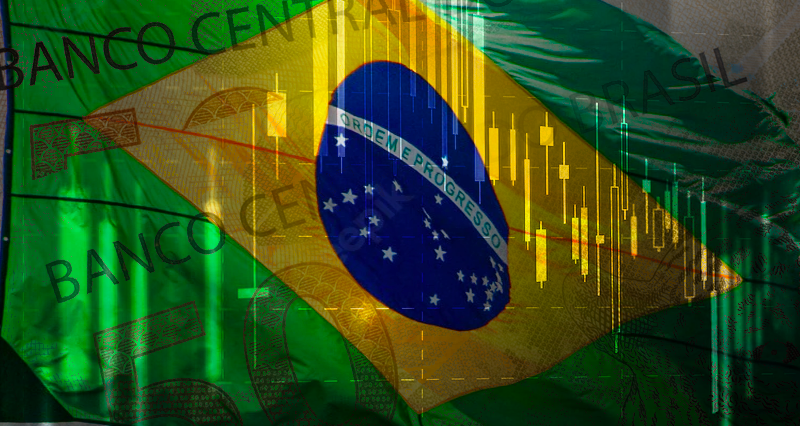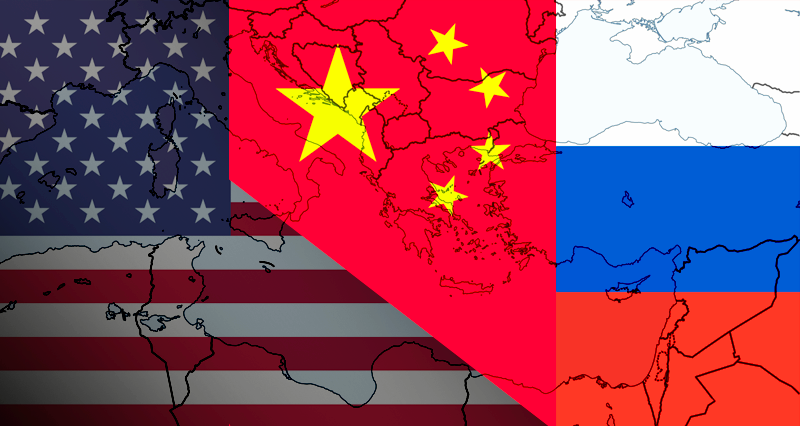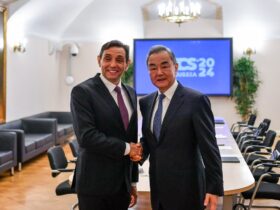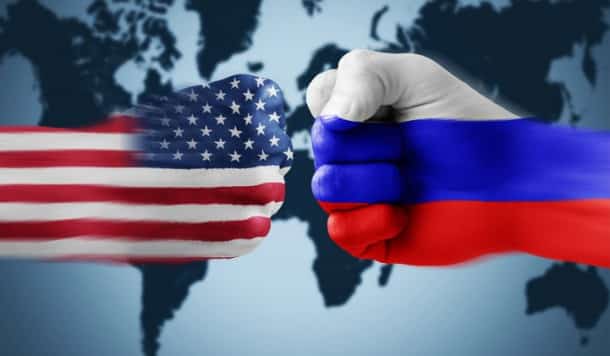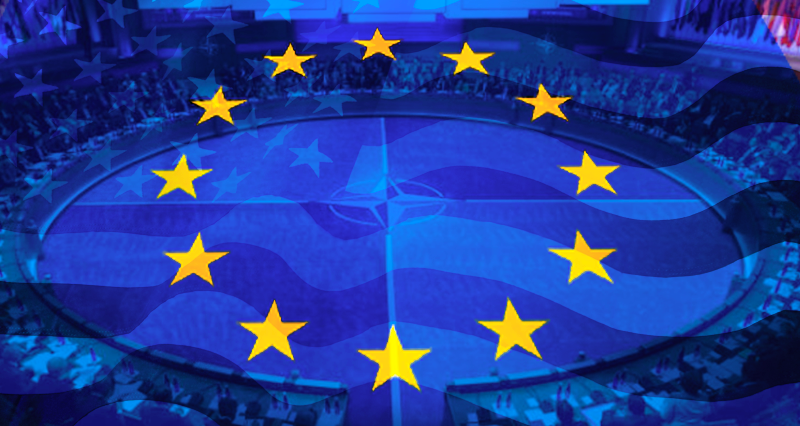By Michael Roberts * Published on October 30 before the elections, Roberts’ article provides deep insight into Brazil’s economic situation and challenges. These have not changed with the election results, quite the contrary, Roberts’ article describes the landscape that President-elect Lula faces. Therefore, we consider the article of great value, UWI. The latest polls put Workers Party leader Lula de ...
In the last decade, the Mediterranean has become a global epicenter of geopolitical and geo-economic interests. It has taken an increased importance because of the profound transformations that have taken place and that continue to manifest themselves in ever fluid and changing forms. The regional conflicts in Libya and Syria, the never-ending tensions between Turkey, Greece and Cyprus (Greek Administration ...







